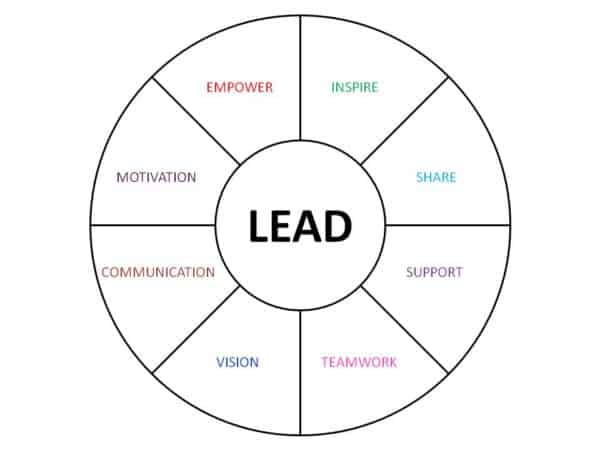
Leadership Lesson 4 – Get Over Being Their Friend

Leadership Is Not a Popularity Contest
Leadership isn't about winning a popularity vote—it's about making tough, sometimes uncomfortable, decisions that move your team and organization forward.
When leaders start favoring certain individuals or making decisions based on personal relationships rather than objective reasoning, they lose credibility. Favoritism—real or perceived—destroys trust. Once objectivity is compromised, dysfunction creeps in, and in many cases, it's a downhill spiral from which teams never fully recover.
This is why how you lead matters just as much as what you do.
Three Distinct Leadership Styles
In the classic Harvard Business Review article, "Power Is the Great Motivator" by David McClelland and David Burnham, three types of managers are outlined—each with a unique approach to leadership:
Affiliative Managers
-
Motivated by: A desire to be liked
-
Key traits: High self-restraint, low appetite for power
-
Behavior: Avoids confrontation, seeks harmony over clarity
-
The Pitfall: Decisions are often delayed or diluted to maintain popularity
Think of the leader who hesitates to act for fear of upsetting people.
Personal Power Managers
-
Motivated by: A desire to control
-
Key traits: Low self-restraint, high appetite for power
-
Behavior: Uses authority to dominate, often disregarding team morale
-
The Pitfall: Can achieve short-term wins at the expense of long-term loyalty
Think of the leader who thrives on control and pushes forward without listening.
Institutional Managers (The Ideal)
-
Motivated by: A desire to lead for the greater good
-
Key traits: High self-restraint, strong sense of purpose, balanced use of power
-
Behavior: Holds everyone—including themselves—accountable, treats the team with respect, and stays focused on results over relationships
This is the leader who commands respect, not because they demand it—but because they’ve earned it.
Aspire to Be an Institutional Manager
Great leaders don’t chase approval—they pursue impact. They care deeply about their teams but understand the importance of maintaining professional boundaries. Leadership is about mentorship, accountability, and service—not friendship.
Rule #4: You're not your staff’s best friend.
That doesn’t mean you don’t care—it means you care enough to lead, not coddle. Supporting your team sometimes means making unpopular decisions. That’s leadership.
Action Item #4
Read: “Power Is the Great Motivator” by McClelland and Burnham
Prepare: A brief summary of key takeaways
Meet: Schedule an hour with your team to review the concepts
Reinforce: Let them know that your goal is to lead with clarity and purpose—and that while you’re committed to growth, accountability remains a shared responsibility.
Remember: Leadership isn't about being liked—it's about being trusted. Trust is earned through fairness, consistency, and strength of character. Be the leader who inspires both confidence and respect.





